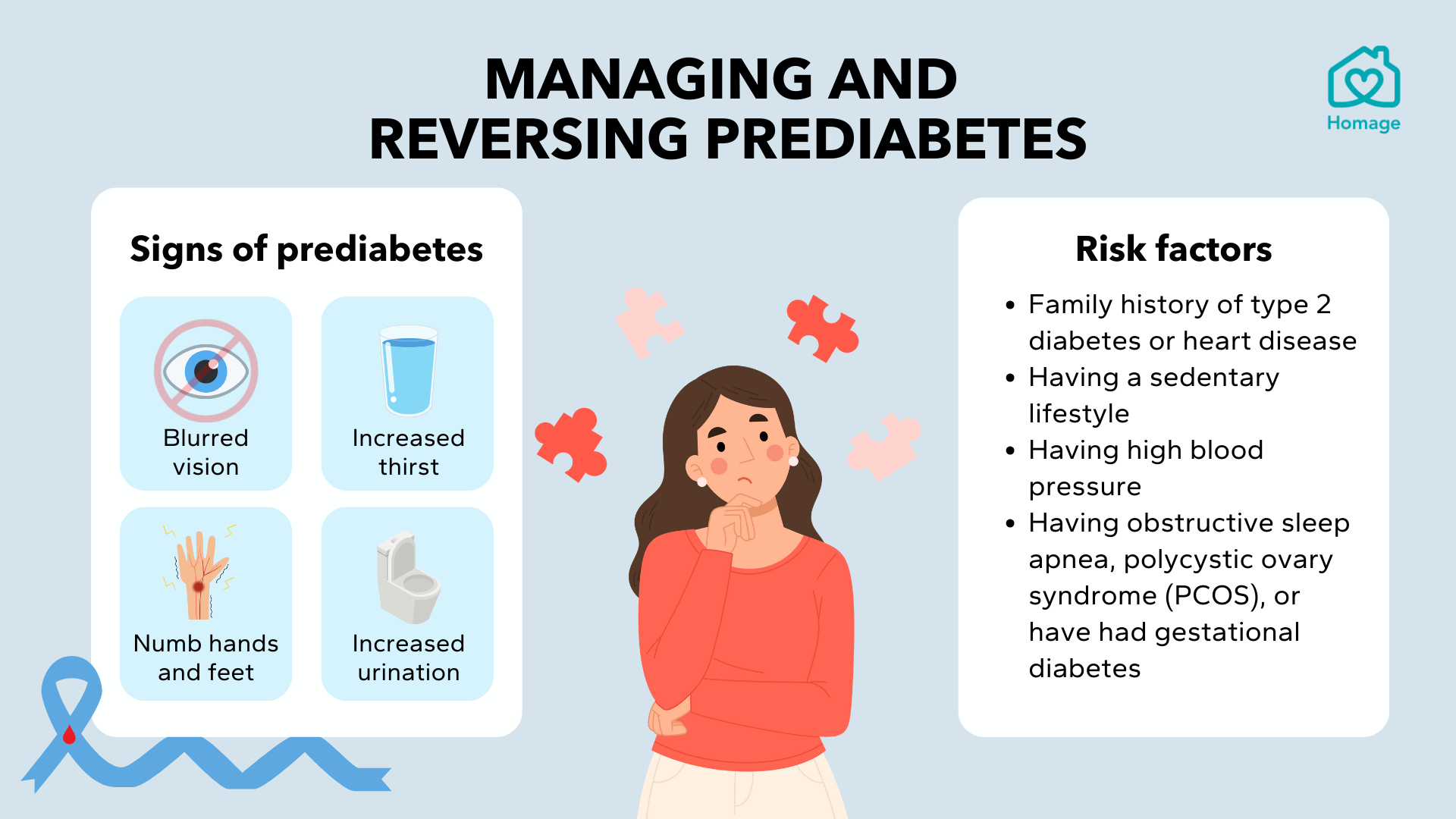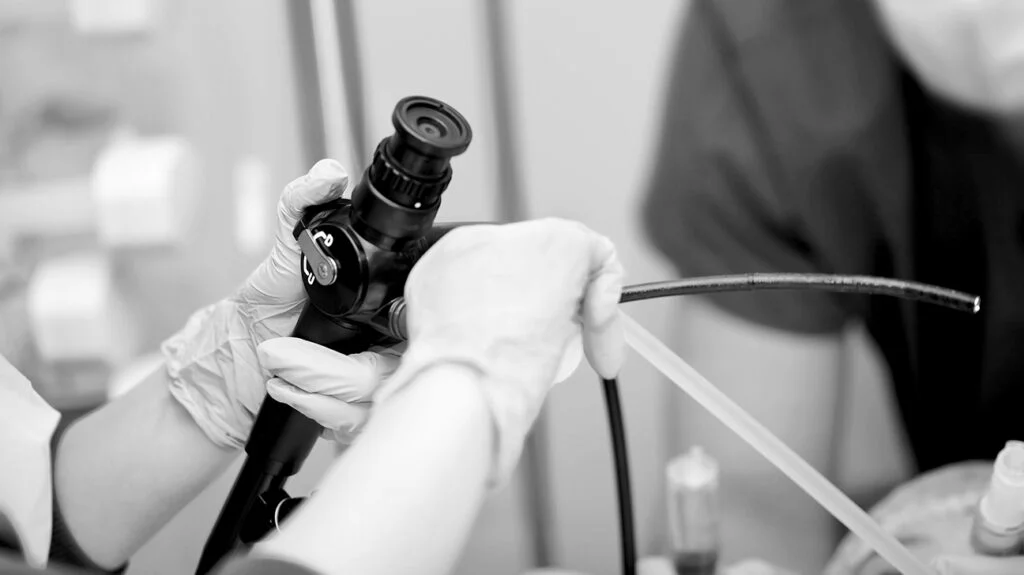Immune-Boosting Foods to Keep You Healthy During Winter
Winter is a season when respiratory illnesses are prevalent, and maintaining a strong immune system is crucial. Incorporating nutrient-rich foods into your diet can help support your immunity and overall health during the colder months. Why Winter Calls for Immune Support Cold weather can inhibit your body’s defenses. A 2022 study found that colder temperatures … Read more










